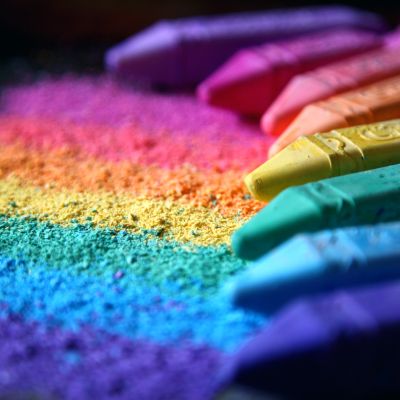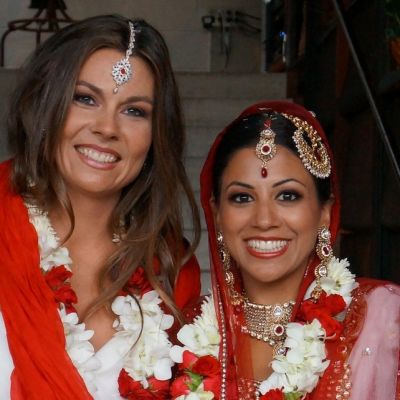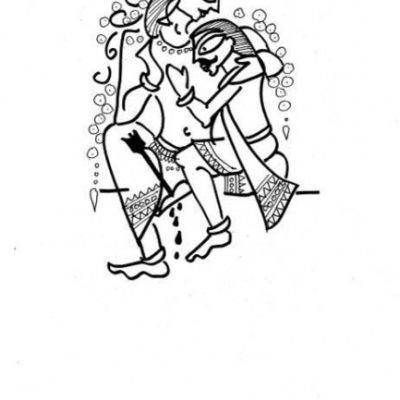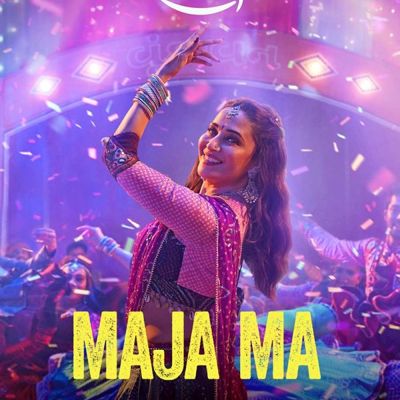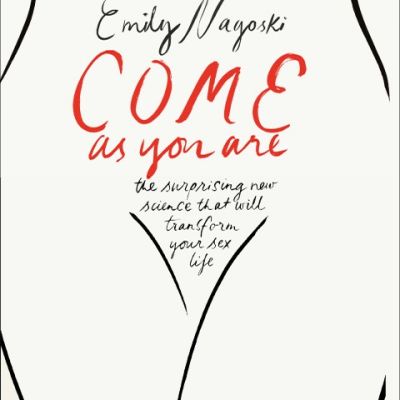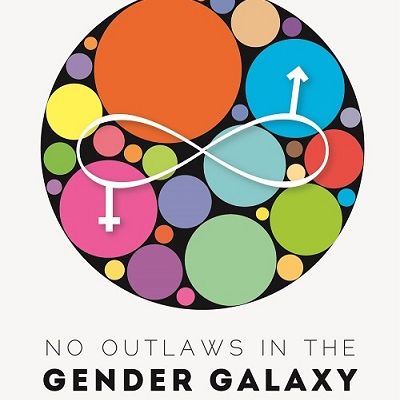Categories
Scribbles: an Escape From the Mundane is a product of my thoughts and emotions when I was struggling to understand my sexuality and grappling with the idea of identifying with the spectrum of gender and sexuality outside the binary, but not being able to put a label on it.
“Moti” is often used as a slur, a denigrating epithet translating as “Fatty”, that is used to shame and to degrade; but when the “t” sound is pronounced differently, it becomes “moti”, a pearl – shining, precious, priceless.
Taboos in relation to female desire, sexuality and the body are often addressed in my work. My recent artistic interest focuses on rituals that are primarily centred on agricultural communities in Bengal that involve the veneration of fertility symbols and celebration of feminine sexuality.
[slideshow_deploy id=’5886′] In India, non-heterosexual couples cannot openly celebrate their love and their relationships or form families. However, Indians living…
Biblical scholars, who value abstinence, reject such sexual interpretations, but not modern LGBTQ (lesbian, gay, bisexual, transgender and queer) activists, who have even traced formal same-sex unions in Church liturgy called adelphopoiesis or “brother-making”. We see what we want to see. We allow what we are comfortable with, and what we are mature about. Love is indeed a splendid thing. But sex remains a bad habit.
A 22-year-old autistic young man with low intellectual functioning I work with, recently got into trouble with the police because…
A 22-year-old autistic young man with low intellectual functioning I work with, recently got into trouble with the police because…
By and large, society expects a woman to marry. Often people in one’s circle judge a woman if she doesn’t marry, inquiring about what could be wrong but most never assuming that it could be out of choice
This reconciliation between Pallavi’s public (seemingly) heterosexual and closeted lesbian identities points to a distinctly Indian way of avoiding polarities through a new social arrangement where both identities are allowed the space to flourish.
In my opinion, Ghosh was in search of a language of cinema which could be adequately expressive of queerness; he was slowly moving towards inventing that language, which would not be alienating to his conformist audiences, yet, would be intelligibly pleasurable to his (informed) queer viewers.
Advancing the most penetrative and succinct theory of caste, Dr. B. R. Ambedkar had this to say in 1916 when…
The story is so well told and is written with such a light, deft hand that it is almost easy to miss what makes it so quietly radical. To review it within the scope of exploring the coming together of literature and sexuality we must begin with its central cast of characters – the widows.
Much like any good erotic encounter, Balli Kaur Jaswals’ 2017 novel, Erotic Stories for Punjabi Widows, is a delightful romp that comes to a satisfying, sweet climax and an urge to fall back on the pillows.
You should venture to read Emily Nagoski’s book, Come As You Are in public. Not because you want to make…
The book explores how gender plays out in public and private institutions like family, educational institutions, work and public spaces. It illustrates the multiplicity of ways in which people live gender and testifies that even if there are gender laws, in a just world there can be no gender outlaw.



